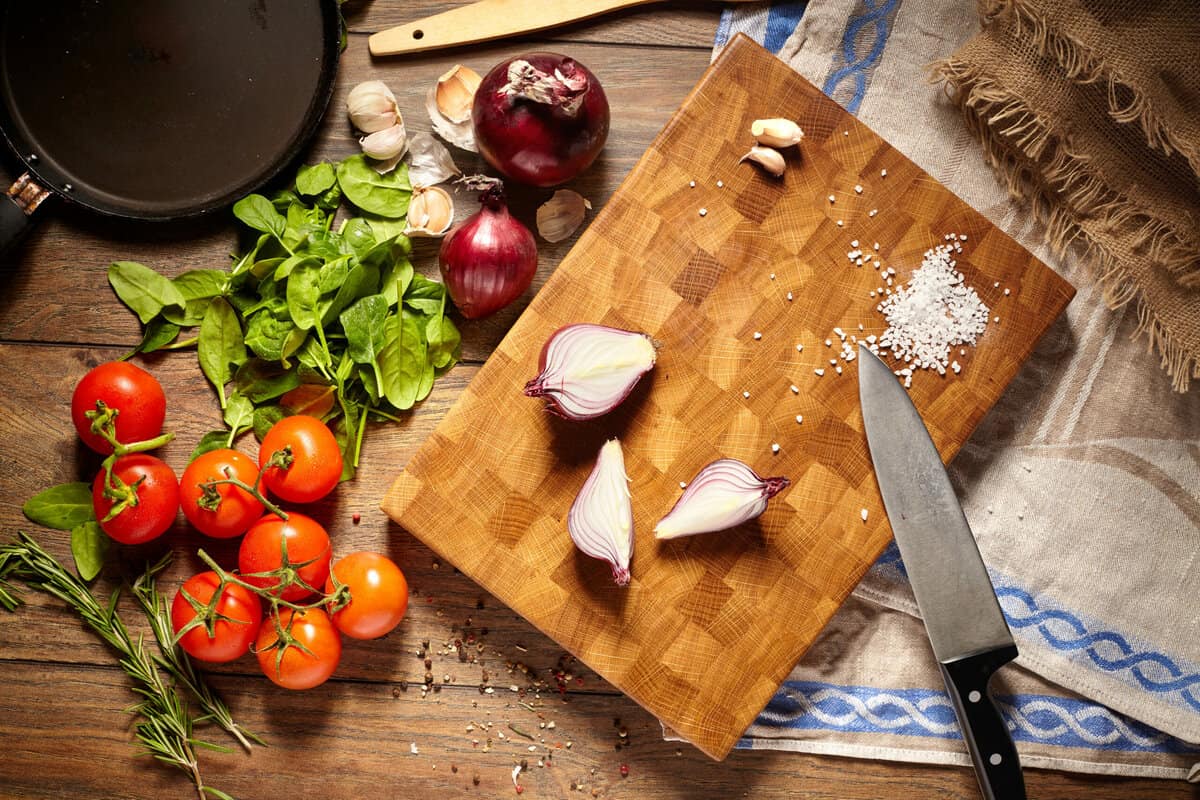In the world of cooking, the choice of cooking oil plays a pivotal role, not just in taste but also in health implications. Whether you are a seasoned chef or a home cook, understanding what is the worst oil to cook with can be critical for your culinary creations and overall well-being.

The Impact of Cooking Oils
Cooking oils are a staple in many households. They are used for frying, sauting, baking, and even as salad dressings. However, not all oils are created equal. The oil you choose can significantly affect your dish's flavor, texture, and, most importantly, your health.
Understanding Different Types of Cooking Oils
There are various types of cooking oils available, each with its own set of properties, benefits, and drawbacks. Let's dive into some of the most common ones:
- Canola Oil: Often promoted as a healthy choice, canola oil is low in saturated fat and high in omega-3 fatty acids. However, it is usually genetically modified and highly processed.
- Coconut Oil: Known for its distinct flavor, coconut oil is rich in saturated fats, which can raise cholesterol levels if consumed in excess.
- Olive Oil: Praised for its heart-healthy benefits, olive oil is rich in monounsaturated fats. However, it's not suitable for high-heat cooking due to its low smoke point.
- Soybean Oil: Common in processed foods, soybean oil is also highly processed and often genetically modified.

Factors That Make an Oil the 'Worst' Choice
While each type of oil has its own set of pros and cons, several factors contribute to determining the worst oil to cook with. These include:
High Levels of Trans Fats
Trans fats are artificial fats created during hydrogenation, a process that turns liquid oils into solid fats. These fats are highly detrimental to health, increasing the risk of heart disease and other serious health issues.
Low Smoke Points
The smoke point of an oil is the temperature at which it begins to break down and produce smoke. Oils with low smoke points are not suitable for high-heat cooking methods like frying and can release harmful free radicals when overheated.
High Saturated Fat Content
Saturated fats can raise the levels of bad cholesterol in your blood, increasing the risk of heart disease. Oils high in saturated fats should be used sparingly.

The Culprits: Oils to Avoid
After considering the factors mentioned above, here are some oils that are often deemed the worst choices for cooking:
Partially Hydrogenated Oils
These oils are high in trans fats. Commonly found in margarine and many processed foods, they should be avoided at all costs.
Vegetable Oils
This category includes oils like soybean, corn, and canola oil. Despite their popularity, these oils are often highly processed and may contain genetically modified organisms (GMOs).
Cottonseed Oil
Cottonseed oil is often used in processed foods and has a high saturated fat content. It is also usually derived from genetically modified cotton plants.

Healthier Alternatives
While it's essential to know what is the worst oil to cook with, it's equally important to explore healthier alternatives:
Extra Virgin Olive Oil
Rich in antioxidants and healthy fats, extra virgin olive oil is excellent for low to medium-heat cooking and as a salad dressing. Learn more about olive oil benefits.
Avocado Oil
With a high smoke point, avocado oil is suitable for high-heat cooking and is rich in monounsaturated fats. Check out this guide on how to use avocado oil.
Ghee (Clarified Butter)
Ghee has a high smoke point and is rich in fat-soluble vitamins. It adds a unique flavor to dishes, making it a popular choice for many cuisines. Heres more on ghee health benefits.
Conclusion
Choosing the right cooking oil is crucial for both flavor and health. By understanding what is the worst oil to cook with, you can make more informed decisions and opt for healthier alternatives. For more details, check the Harvard School of Public Health.
FAQ
Is it safe to reuse cooking oil?
Reusing cooking oil can increase the risk of developing harmful free radicals. It's best to limit reuse to maintain oil quality and safety. Learn more about cleaning your kitchen.
How do I store cooking oil?
Store oils in a cool, dark place to extend their shelf life. Some oils, like flaxseed oil, require refrigeration.
Can cooking oils go bad?
Yes, cooking oils can go rancid over time. Check for off smells or tastes to determine if oil has spoiled.
As an Amazon Associate, I earn from qualifying purchases.






Leave a comment
This site is protected by hCaptcha and the hCaptcha Privacy Policy and Terms of Service apply.